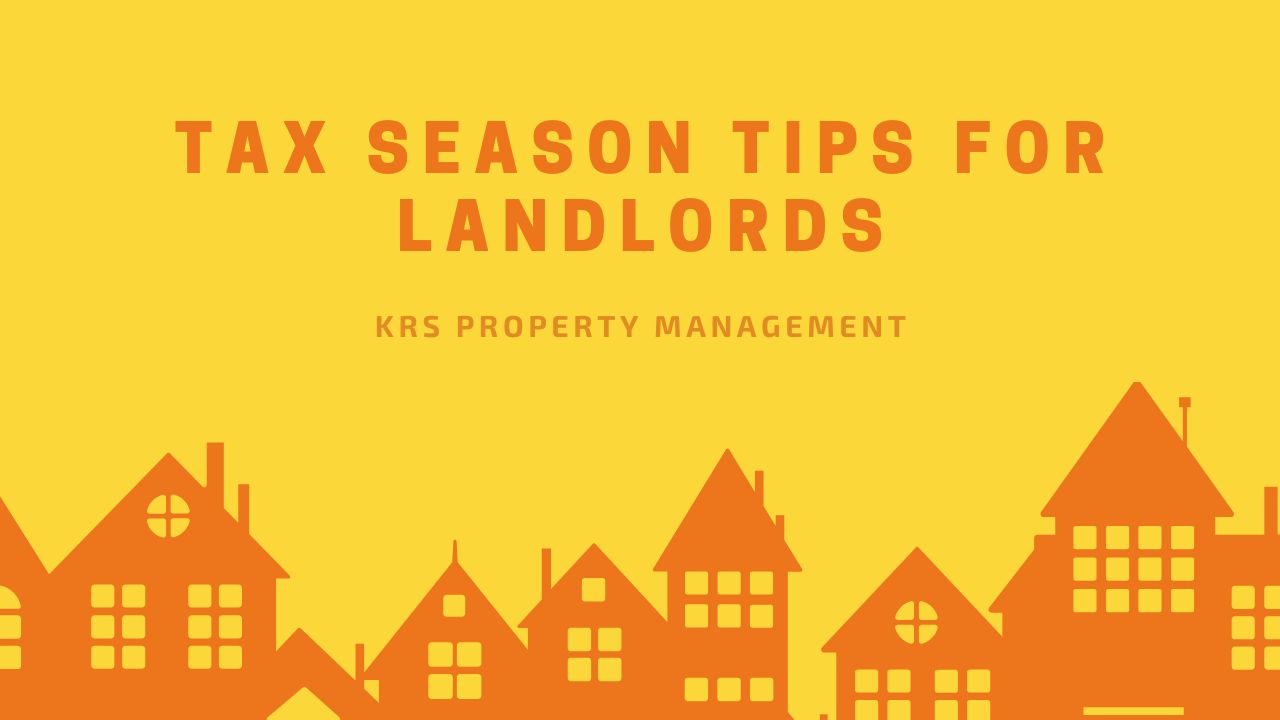Key Takeaways
Keeping detailed, year-round records of income, expenses, and receipts is essential for accurate filing, maximizing deductions, and ensuring compliance with both IRS and Virginia tax regulations.
Lynchburg landlords can reduce their tax burden by accurately applying depreciation, distinguishing between repairs and improvements, and taking advantage of Virginia-specific credits.
Smart tax planning turns tax season into an opportunity rather than a burden. Working with professionals like KRS Property Management helps landlords stay compliant, optimize deductions, and make informed financial decisions for sustained rental success.
Ever feel overwhelmed when tax season rolls around? Many rental property owners find this time of year stressful, especially when managing multiple properties or juggling full-time work alongside their investments.
The good news is that with the right preparation, you can turn tax season into an opportunity to maximize returns. At KRS Property Management, we understand how valuable smart tax planning is for investors in Lynchburg. Whether you’re a seasoned landlord or just getting started, a clear strategy can help you save money and stay compliant year after year.
Smart Tax Moves Every Lynchburg Landlord Should Know
Staying tax-ready in Lynchburg means more than filing on time. From understanding Virginia’s landlord credits to tracking property expenses, these eight essential tips will help you stay compliant, maximize deductions, and protect your rental income.
1. Maintain Detailed Records of Rental Income:
Keeping complete and organized records of your rental income is the foundation of an easy tax season. Every payment you receive from residents, including rent, late fees, or other charges, should be carefully logged. This ensures accuracy and helps you avoid confusion when filing taxes in Lynchburg.
Beyond preventing mistakes, detailed income records can also protect you if the IRS or Virginia Department of Taxation requests clarification. By maintaining a clear paper trail, you’ll have the evidence needed to support your income claims, helping you stay compliant and confident throughout tax season.

2. Track and Categorize All Eligible Expenses:
Landlords in Lynchburg can significantly reduce their taxable income by properly tracking property-related expenses. Mortgage interest, real estate taxes, repairs, utilities, and insurance premiums are among the most common deductions you can claim. Keeping receipts and invoices organized throughout the year makes filing much smoother.
Categorizing your expenses also allows you to identify which deductions apply to each property. This not only helps you claim the right amount but also ensures that you’re maximizing every eligible deduction available to landlords under Virginia’s tax regulations.
3. Apply Depreciation Accurately:
Depreciation is a valuable tool that allows Lynchburg landlords to recover the cost of their rental property over time. The federal tax code, which Virginia follows, typically allows residential buildings to be depreciated over 27.5 years, excluding the land value. This reduces taxable income annually.
However, calculating depreciation correctly requires proper documentation of the property’s value, land allocation, and improvement costs. Using accurate figures and keeping records of any renovations ensures your deductions are legitimate and compliant, helping you plan for long-term savings while staying within the state’s tax guidelines.
4. Utilize Virginia’s Landlord Tax Credit:
If your rental property is located in an eligible census tract and participates in a housing voucher program, you may qualify for Virginia’s landlord tax credit. This benefit offers a 10% credit on the fair market rent for the period your resident participates in the program.
This incentive encourages Lynchburg landlords to provide affordable housing while earning a valuable tax reduction. To take advantage of it, you’ll need proper documentation of the rental agreement and participation period. Consulting a local tax professional can help confirm your eligibility and ensure accurate credit claims.

5. Take Advantage of the Virginia Historic Rehabilitation Tax Credit:
If your Lynchburg rental property is a certified historic structure, you could benefit from the Virginia Historic Rehabilitation Tax Credit. This program encourages the preservation of historic buildings by offering a state tax credit for qualified rehabilitation expenses that meet the required standards.
The process involves having your property and renovation plans approved before starting the project. Once certified, you can claim a portion of your qualified expenses as a credit against your state taxes, making it a smart way to preserve Lynchburg’s charm while improving your investment property.
6. Separate Repairs from Capital Improvements:
Knowing the difference between repairs and capital improvements is essential for Lynchburg landlords. Repairs, such as fixing leaky faucets or repainting walls, can be deducted in the same year they occur. Improvements, like a new roof or updated plumbing system, must be depreciated over several years.
Separating these costs ensures your deductions are accurate and compliant with both federal and Virginia tax laws. Keeping receipts, invoices, and clear notes about the work performed helps you back up your claims, minimizing potential confusion or audit risks when filing your tax returns.
7. Meet Federal and State Tax Obligations:
As a Lynchburg property owner, you must report your rental income to both the IRS and the Virginia Department of Taxation. Rental income is typically reported on your federal Schedule E form and included in your state return, even if your property operates under an LLC or partnership.

Ensuring that you file correctly on both levels prevents penalties and keeps you in good standing with tax authorities. If you own multiple properties, staying organized and filing early gives you time to address any discrepancies before deadlines approach.
8. Keep Organized Records Year-Round:
Good recordkeeping is one of the best habits a landlord can develop. Maintaining digital or physical folders for receipts, invoices, mileage logs, and resident communications makes tax season much easier. Consistent organization prevents last-minute stress and reduces the chances of missing deductions.
By updating your records monthly instead of waiting until year-end, you’ll always have a clear picture of your rental performance. This habit not only simplifies tax preparation but also helps you track profits, forecast expenses, and make smarter financial decisions for your rental business.
Bottom Line: Partner Smartly, Plan Wisely
Tax season doesn’t have to be stressful when you have the right support. At KRS Property Management, we help Virginia landlords stay ahead with tailored guidance on property finances, deductions, and long-term planning strategies.
Our team understands local regulations and what truly benefits property owners in Lynchburg. If you’re unsure where to begin or need help organizing your records, reach out to KRS Property Management today to discuss your options and discover what’s best for your rental investment success.







